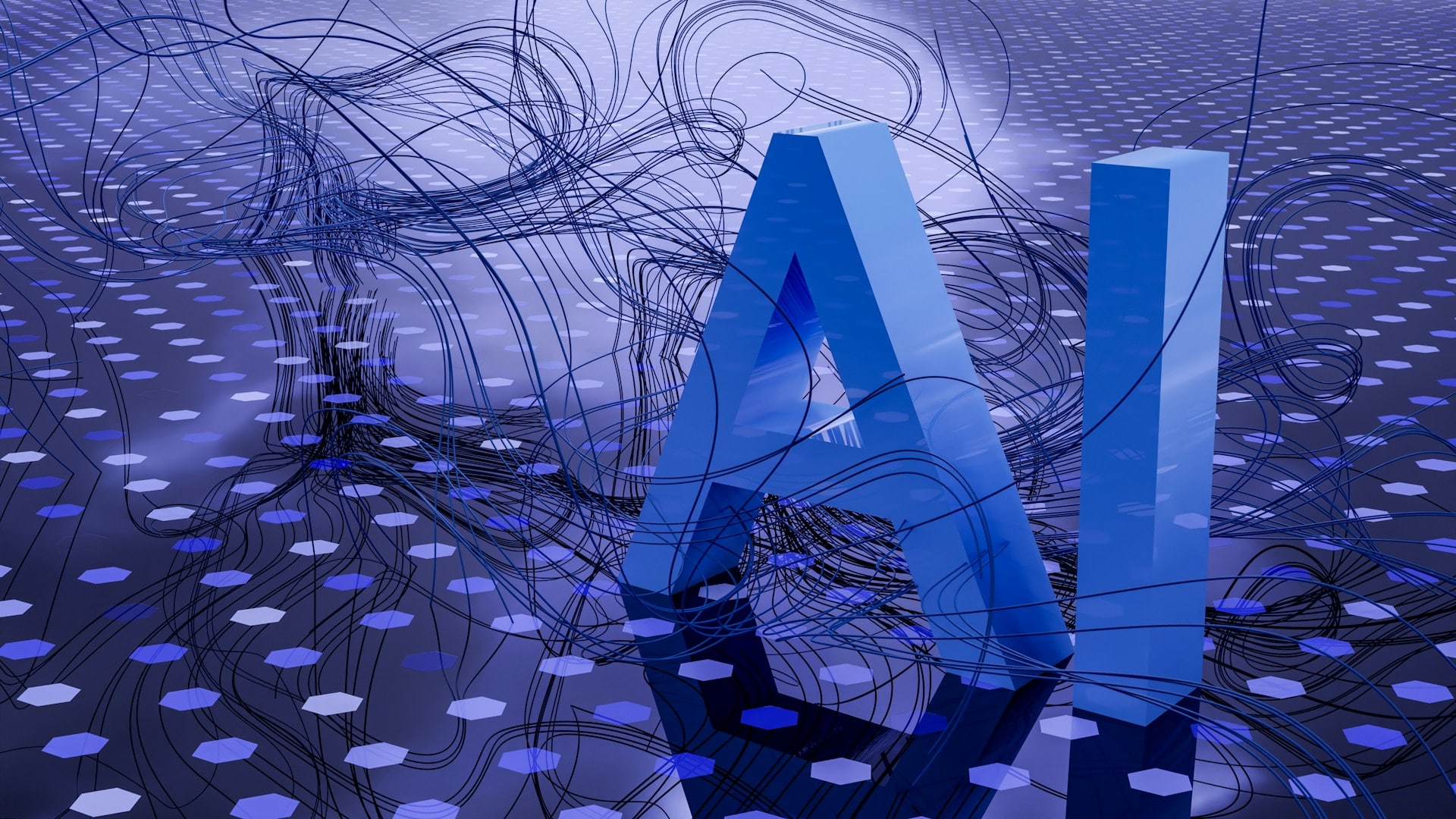In recent years, Artificial Intelligence (AI) has transitioned from a niche technology to a central force driving innovation across various industries. As AI continues to advance, its integration into different sectors is not only transforming operational efficiencies but also reshaping business models and customer experiences. This article explores how AI integration is revolutionizing industries and what the future holds for this dynamic technology.
The Rise of AI Integration
AI, once the realm of science fiction, has become a practical tool in the real world. The technology encompasses machine learning, natural language processing, robotics, and more. Its ability to analyze vast amounts of data, learn from patterns, and make decisions with minimal human intervention has made it indispensable across multiple industries.
Healthcare: Enhancing Diagnosis and Treatment
In healthcare, AI is revolutionizing diagnostics and treatment. Machine learning algorithms can analyze medical images with high accuracy, helping doctors detect diseases like cancer at earlier stages. AI-driven tools also assist in predicting patient outcomes and personalizing treatment plans based on individual health data. For example, AI systems are used to identify patterns in genetic data, enabling more targeted therapies and advancements in personalized medicine.
Finance: Streamlining Operations and Risk Management
The finance industry has embraced AI to enhance decision-making, streamline operations, and manage risks. Algorithms analyze financial markets to forecast trends, while robo-advisors provide personalized investment advice. AI also plays a crucial role in fraud detection by identifying unusual transaction patterns that may indicate fraudulent activity. Moreover, AI-powered chatbots offer customer support, handling queries efficiently and improving user experiences.
Retail: Personalizing Customer Experiences
Retailers are leveraging AI to personalize shopping experiences and optimize inventory management. AI algorithms analyze customer data to provide personalized product recommendations, enhance targeted marketing campaigns, and improve customer service. For instance, AI can predict trends and manage stock levels, ensuring that popular products are always available while minimizing excess inventory. Virtual fitting rooms and chatbots also enhance the shopping experience by offering personalized assistance and recommendations.
Manufacturing: Automating Processes and Improving Quality
In manufacturing, AI integration is driving automation and improving quality control. Robots equipped with AI can perform repetitive tasks with precision, reducing the need for human intervention and minimizing errors. AI systems also monitor production lines, detecting defects and anomalies in real-time. Predictive maintenance powered by AI can forecast equipment failures before they occur, reducing downtime and maintenance costs.
Transportation: Advancing Autonomous Vehicles
The transportation industry is undergoing a transformation with the advent of autonomous vehicles. AI algorithms enable self-driving cars to navigate complex environments, make split-second decisions, and enhance road safety. Beyond autonomous vehicles, AI is also used to optimize logistics and route planning, improving efficiency in supply chain management and reducing transportation costs.
Energy: Optimizing Resource Management
AI is revolutionizing the energy sector by optimizing resource management and improving energy efficiency. Smart grids powered by AI analyze consumption patterns to balance energy supply and demand. AI algorithms also predict equipment failures and manage energy distribution more effectively. In renewable energy, AI helps forecast weather patterns to optimize the output from solar and wind farms, enhancing the reliability and efficiency of renewable energy sources.
The Future of AI Integration
As AI technology continues to evolve, its integration into industries will become even more profound. The future of AI will likely involve more sophisticated algorithms, greater automation, and enhanced human-AI collaboration. Innovations in AI research, such as advances in general AI and ethical AI practices, will shape how these technologies are applied and regulated.
Conclusion
AI integration is transforming industries by enhancing efficiency, improving decision-making, and personalizing customer experiences. From healthcare to finance, retail to manufacturing, and beyond, AI is driving innovation and reshaping how businesses operate. As we look to the future, the continued evolution of AI will undoubtedly bring about even more groundbreaking changes across various sectors. Embracing these advancements will be crucial for businesses to stay competitive and capitalize on the opportunities AI presents.

Leave a Reply